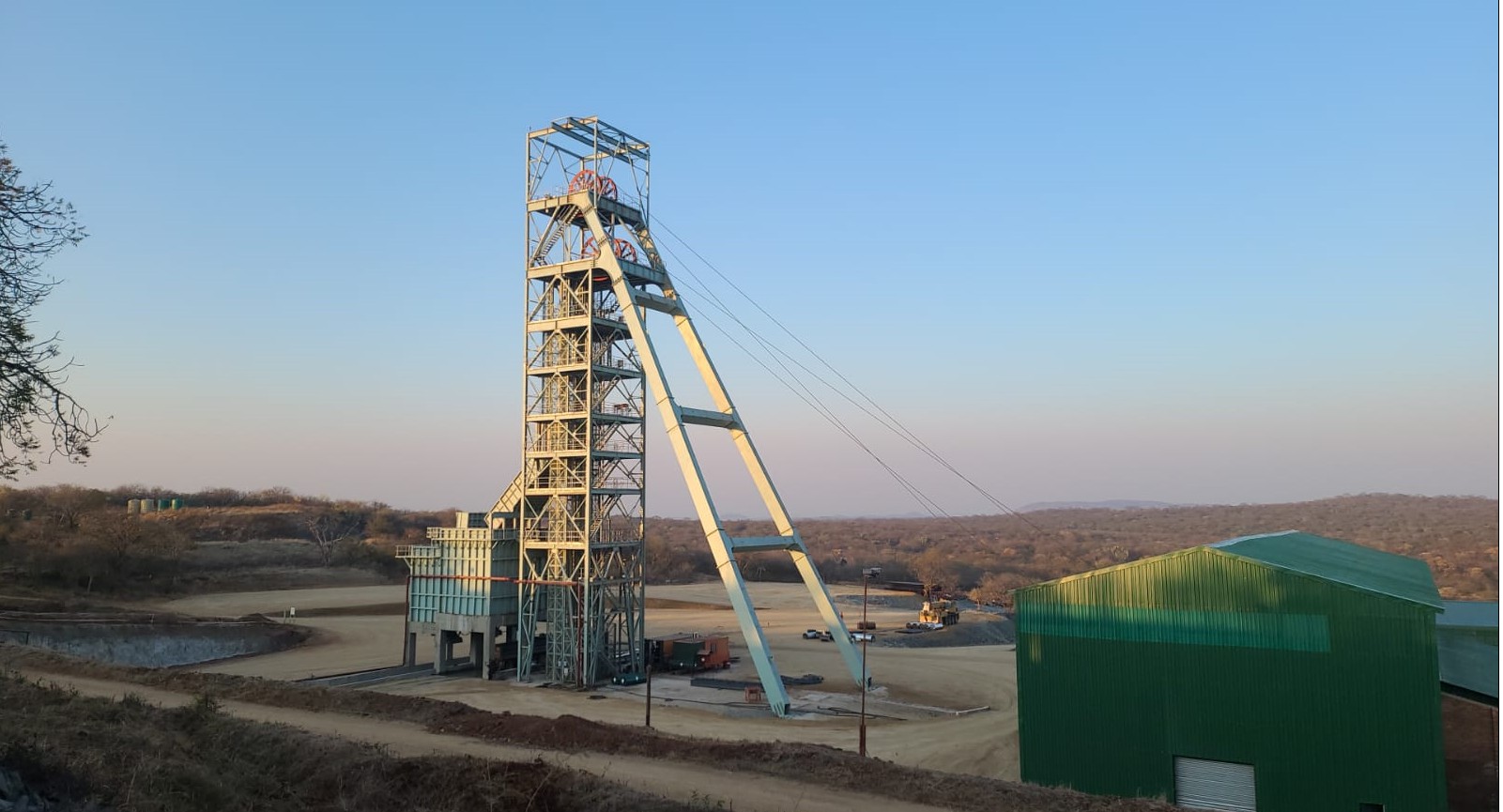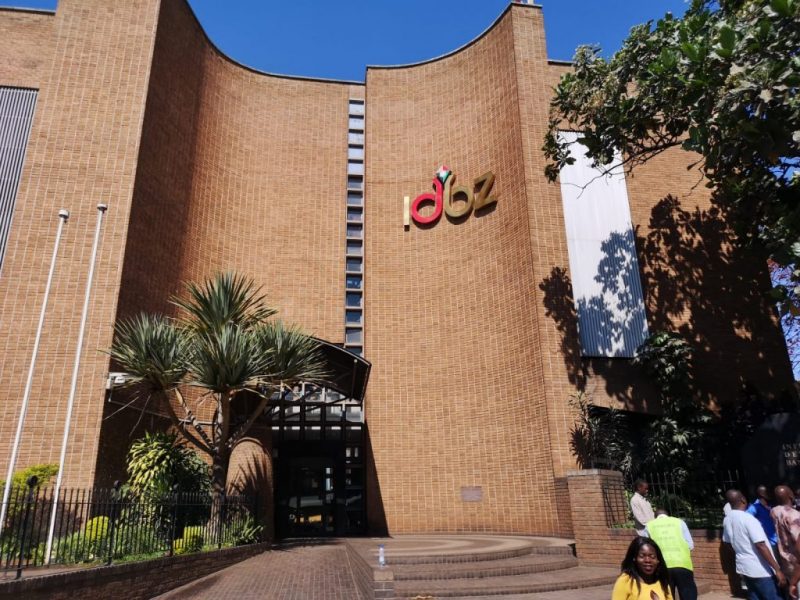Blanket Mine solar plant pays dividends
GIANT global investor Caledonia Mining Corporation Plc says the construction of a 12,2 megawatt solar plant at Blanket Mine in Matabeleland South is paying dividends as the investment is reducing electricity consumed from the national grid and has seen a decrease on month on month diesel usage achieving efficiency throughout the mining and processing.
The Victoria Falls Stock Exchange listed mining entity said Blanket receives its power from the country’s national electricity supplier, Zimbabwe Electricity Supply Authority (Zesa).
However, during outages or low voltages, the power supply at Blanket had to be supplemented by standby diesel generators to enable uninterrupted mining and capital operations.
It said diesel-generated electricity was expensive and subject to an unpredictable supply of diesel and that tended to create an unfavourable environmental footprint.
Recognising the economic, environmental and logistical challenges of running large-scale diesel generators for extended periods, in 2020, Caledonia announced that it was setting up a US$14 million solar project as part of efforts to address electricity constraints that have over the years affected the mining industry.
Since November last year, the solar plant has been providing power to Blanket and currently provides approximately a quarter of Blanket’s average daily electricity demand.
Blanket Mine
In its 2022 Environmental, Social and Governance (ESG) report, the mining entity said the solar plant that was commissioned by President Mnangagwa is operating better than expected and generating slightly more power than anticipated.
“Having identified solar power as a key opportunity for Caledonia to improve the quality and security of Blanket’s electricity supply and to reduce its environmental footprint, a 12,2 MWac solar plant has been constructed at Blanket and was connected to the Blanket grid in November 2022.
“It is operating better than expected and generating slightly more power than anticipated.
“At the publication of this report, it was providing approximately a quarter of Blanket’s average daily electricity demand.
“The completion of the solar plant coincided with an improvement in the supply of power from the Zimbabwe grid which has substantially reduced the amount of diesel consumed,” reads part of the report.
The ESG report covers the reporting period January 1, 2022 to December 31 , 2022.
“As an initial early-stage indicator, in January 2023, Blanket consumed 18 000 litres of diesel, which compares to approximately 120 000 litres per month for the whole of 2022.
“While Caledonia can’t be certain that this quantum of improvement will be fully maintained, we are confident that we will continue to see an ongoing meaningful reduction to our diesel usage month-on-month, fully justifying our investment in solar power and delivering on our ESG strategy.
“In addition to leveraging renewable sources, achieving efficiencies throughout the mining and processing steps to realise both environmental benefits as well as clear financial advantages are a crucial element of our overall strategy.”
The listed entity said with 21 percent of Blanket’s on-mine costs relating to energy usage, the solar power will displace more expensive power from the grid and from the diesel generators and is expected to reduce Caledonia’s consolidated cost per ounce of gold produced by approximately US$37.
The report noted diesel consumption reduced by 5.7 percent in 2022 due to installation of the solar plant and the voltage regulating transformers.-chronicle










